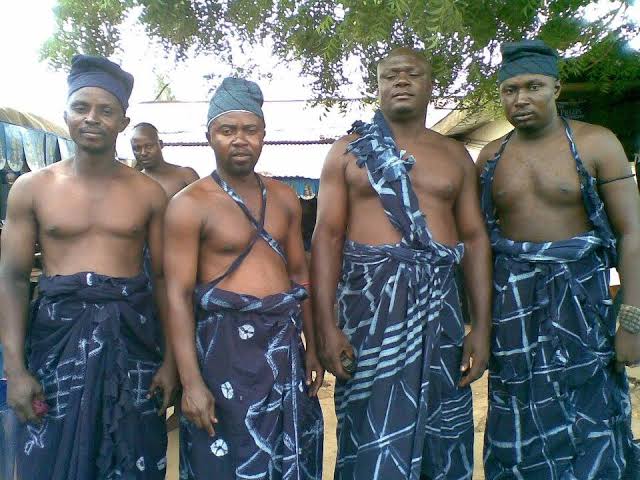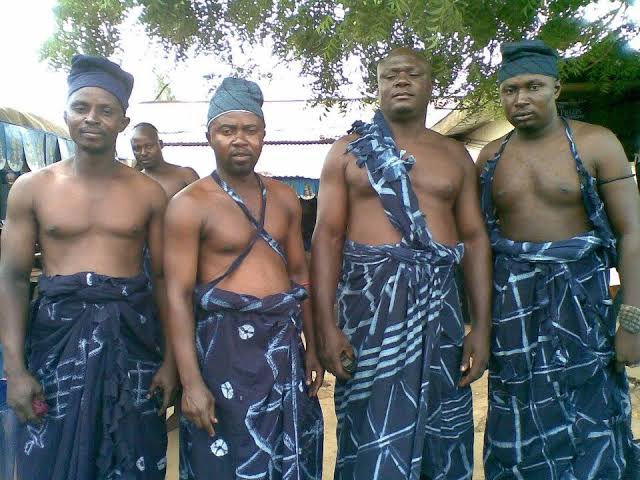Nigeria is Africa’s most populous country, with an estimated population of over 200 million people. It is also a country of stunning diversity, with more than 250 different ethno-linguistic groups. Demographic data are politically sensitive in Nigeria and the last census, conducted in 2006, did not collect or analyze data disaggregated by ethnicity, religion or language.
Four groups – Fulani (Fula), Hausa, Yoruba and Igbo account for around 68 per cent of the total population but there are way more ethnic groups in Nigeria. Here are 5 minority ethnic groups you never knew existed in Nigeria.
The Jukun or Njikum people are an ethnic nation in Nigeria traditionally located in Taraba, Benue, Nasarawa, Plateau, Adamawa, and Gombe States in Nigeria and parts of northwestern Cameroon. They are descendants of the Karafa people, one of the most powerful Sudanic kingdoms during the late Middle Ages; you can learn more about the Karafa here.
Until the coming of both Christianity and Islam, the Jukun people were followers of their own traditional religions. Most of the tribes, Alago, Agatu, Rendere, Goemai in Shendam, and others left Kwararafa when it disintegrated as a result of a power tussle. The Jukuns are divided into two major groups; the Jukun Wanu and Jukun Wapa. .
The Jukun speak a language of the Benue-Congo branch of the Niger-Congo family. The people comprise a congeries of many smaller groups, each organized on a different basis, although polygynous extended families seem to be the dominant unit.
The Jukun Wanu are fishermen residing along the banks of the river Benue and Niger where they run through Taraba State, Benue State and Nasarawa State. The Wukari Federation, headed by the Aku Uka of Wukari, is now the main center of the Jukun people.
They traditionally possessed a complex system of offices, which had both a political and a religious aspect; the priesthood practiced an involved form of religion marked by diurnal and annual rounds of ritual and sacrifice.
Notable Nigerians that are Jukun indigenes include musician M.I Abaga and his brother Jesse Jagz; Businessman, Politician and Philanthropist David Sabo Kente.
599


